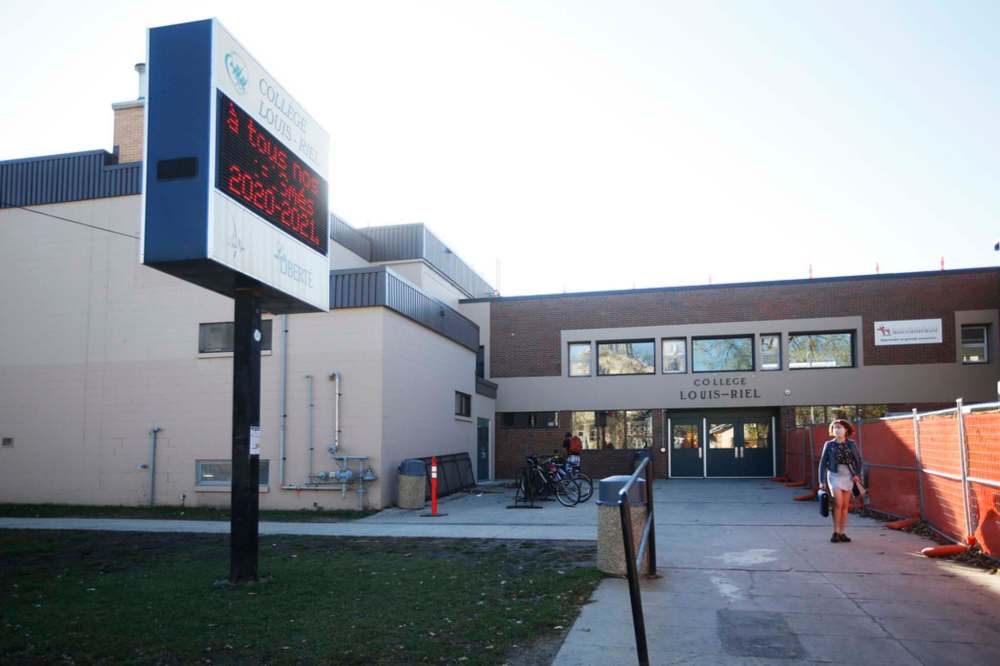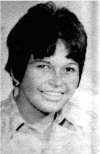Francophone school division preps diversity, anti-racism action plan
Advertisement
Read this article for free:
or
Already have an account? Log in here »
To continue reading, please subscribe:
Monthly Digital Subscription
$0 for the first 4 weeks*
- Enjoy unlimited reading on winnipegfreepress.com
- Read the E-Edition, our digital replica newspaper
- Access News Break, our award-winning app
- Play interactive puzzles
*No charge for 4 weeks then price increases to the regular rate of $19.00 plus GST every four weeks. Offer available to new and qualified returning subscribers only. Cancel any time.
Monthly Digital Subscription
$4.75/week*
- Enjoy unlimited reading on winnipegfreepress.com
- Read the E-Edition, our digital replica newspaper
- Access News Break, our award-winning app
- Play interactive puzzles
*Billed as $19 plus GST every four weeks. Cancel any time.
To continue reading, please subscribe:
Add Free Press access to your Brandon Sun subscription for only an additional
$1 for the first 4 weeks*
*Your next subscription payment will increase by $1.00 and you will be charged $16.99 plus GST for four weeks. After four weeks, your payment will increase to $23.99 plus GST every four weeks.
Read unlimited articles for free today:
or
Already have an account? Log in here »
Hey there, time traveller!
This article was published 22/11/2021 (1477 days ago), so information in it may no longer be current.
Manitoba’s francophone school division is launching a diversity, inclusion and anti-racism action plan in early 2022, in an effort to rebuild the trust of families who were harmed by a high school teacher’s use of a derogatory slur.
“We believe that we’re working as hard as we can,” said Alain Laberge, superintendent of the Division scolaire franco-manitobaine. “It’s only the tip of the iceberg. (Racism) is systemic.”
On Oct. 14, a white teacher at Collège Louis-Riel said the N-word multiple times during a classroom discussion that resulted in a heated debate with a Black student. The teacher was reportedly describing a situation during which a colleague of hers, who she was defending, had used the slur in an academic context.

Not long after the incident, which is also believed to have later sparked a physical altercation between two students in the building in St. Boniface, the teacher was put on leave. As of Monday, she had yet to return to the classroom.
Senior division administrators pledged to undertake community consultations and ensure students felt both emotionally and physically safe at school in the wake of the event.
On Nov. 19, administration updated the community on everything that has happened since — from deploying social workers to requiring staff participate in professional development sessions on diversity and inclusion — and its next steps.
The division has hired an expert from the North American Centre for Threat Assessment and Trauma Response to review its practices around trauma response. It is also hosting a series of meetings and workshops moderated by external consultants who have expertise in anti-racism.
This week, a counselor from Amicale de la Francophonie Multiculturelle du Manitoba and Mamadou Ka, an associate professor at Saint Boniface University with expertise in intercultural education, are leading discussion groups with students at the high school.
“The problem right now is the students don’t have confidence in how their schools are handling racism, so (administrators) have to establish that confidence in the kids,” said Ramatoulaye Cherif, president of Parents Contre le Racisme.
The advocacy group, which formed in 2020 to pressure the division to put more emphasis on anti-racism in its schools, is encouraged by the “good will” of DSFM in taking take action to counter racism, said Cherif. But the mother of three said the group wants the division to go one step further and set-up an incident reporting system so students can bring forward concerns about racism to a neutral office when they arise.
While noting there are blatant incidents of racism in schools, she indicated there are many incidents of implicit prejudice and microaggressions.
Parents want the division to create a specific anti-racism policy to draw attention to the specific issues rather than continue to update a generic administrative directive on human diversity, added Cherif.
“We all agree that we may need a stronger policy, but it’s not going to solve the problem — so we believe we need to work as a community, together and move forward with an action plan,” said Laberge.
The superintendent said Manitoba’s non-profit association for francophone newcomers is offering sessions on “subtlety in racism” for staff, helping create diversity and inclusion committees in its schools, and running parent workshops to raise awareness about intolerance.
Ultimately, all of the community input and data collected from external consultants will inform an action plan that is slated to be published in January.
maggie.macintosh@freepress.mb.ca
Twitter: @macintoshmaggie

Maggie Macintosh reports on education for the Winnipeg Free Press. Funding for the Free Press education reporter comes from the Government of Canada through the Local Journalism Initiative.
Our newsroom depends on a growing audience of readers to power our journalism. If you are not a paid reader, please consider becoming a subscriber.
Our newsroom depends on its audience of readers to power our journalism. Thank you for your support.





